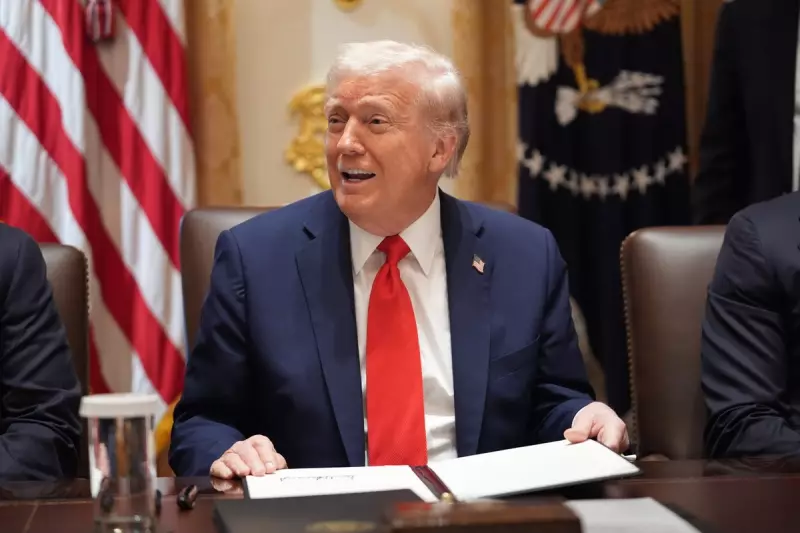
The political world is reeling from revelations about Donald Trump's unconventional approach to Middle East peace, which included a proposal described by critics as both radical and inflammatory.
The Gaza Relocation Proposal
According to recent disclosures, the former US president suggested addressing the Gaza conflict by moving Palestinian residents to various locations across the region. This controversial plan, which emerged during discussions about his broader Middle East strategy, has drawn sharp criticism from human rights organisations and political analysts alike.
Nobel Nomination Amid Controversy
In a surprising twist, Dutch far-right politician Geert Wilders has nominated Trump for the Nobel Peace Prize, citing the former president's "efforts to solve the Gaza problem." This nomination comes despite widespread international condemnation of Trump's approach and ongoing criticism of his Middle East peace plan.
Wilders, known for his anti-Islam stance and recent electoral success in the Netherlands, publicly announced his nomination on social media platform X, formerly Twitter. The move has sparked debate about the criteria for Nobel Peace Prize consideration and the politicisation of the prestigious award.
International Reaction and Analysis
Political commentators have expressed astonishment at the nomination, particularly given the timing and nature of Trump's proposals. Many Middle East experts argue that such relocation plans would violate international law and human rights conventions.
The situation highlights the deepening divisions in international approaches to the Israeli-Palestinian conflict, with Trump's methods representing a significant departure from traditional diplomatic efforts.
As the 2024 US presidential election approaches, these revelations about Trump's Middle East strategy and the subsequent Nobel nomination are likely to fuel further debate about American foreign policy and its global implications.





